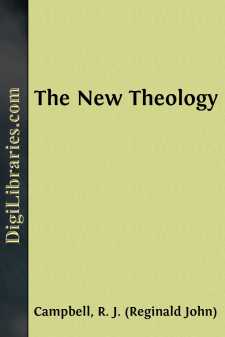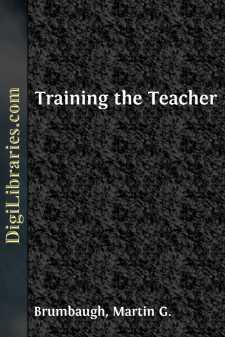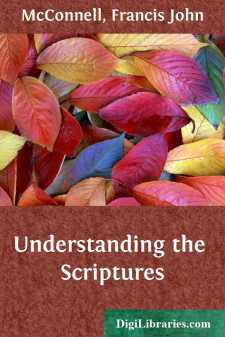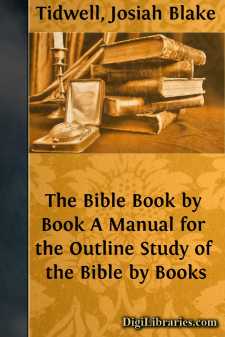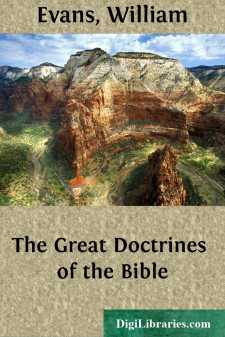Categories
- Antiques & Collectibles 13
- Architecture 36
- Art 48
- Bibles 22
- Biography & Autobiography 816
- Body, Mind & Spirit 145
- Business & Economics 28
- Children's Books 18
- Children's Fiction 14
- Computers 4
- Cooking 94
- Crafts & Hobbies 4
- Drama 346
- Education 58
- Family & Relationships 59
- Fiction 11834
- Foreign Language Study 3
- Games 19
- Gardening 17
- Health & Fitness 34
- History 1378
- House & Home 1
- Humor 147
- Juvenile Fiction 1873
- Juvenile Nonfiction 202
- Language Arts & Disciplines 89
- Law 16
- Literary Collections 686
- Literary Criticism 179
- Mathematics 13
- Medical 41
- Music 40
- Nature 179
- Non-Classifiable 1768
- Performing Arts 7
- Periodicals 1453
- Philosophy 66
- Photography 2
- Poetry 897
- Political Science 203
- Psychology 45
- Reference 154
- Religion 516
- Science 126
- Self-Help 86
- Social Science 82
- Sports & Recreation 34
- Study Aids 3
- Technology & Engineering 59
- Transportation 23
- Travel 463
- True Crime 29
Our website is made possible by displaying online advertisements to our visitors.
Please consider supporting us by disabling your ad blocker.
The New Theology
Description:
Excerpt
CHAPTER I
THE NAME AND THE SITUATION
+Religion and Theology.+—Religion is one thing and theology another, but religion is never found apart from a theology of some kind, for theology is the intellectual articulation of religious experience. Every man who has anything worthy to be called a religious experience has also a theology; he cannot help it. No sooner does he attempt to understand or express his experience of the relations of God and the soul than he finds himself in possession of a theology. The religious experience may be a very good one and the theology a very bad one, but still religion and theology are necessary to each other, and it is a man's duty to try to make his theology as nearly as possible an adequate and worthy expression of his religion. He will never succeed in doing this in a permanent fashion, for the content of religious experience is, or should be, greater than any form of statement. But theology is everyone's business. We cannot afford to leave it to experts or refrain from forming our own judgment upon the pronouncements of experts. To speak of theology as though it had an esoteric and an exoteric side, one for the man in the study and the other for the man in the world, is a practical heresy of a most dangerous kind. Neither should theology be confounded with ecclesiasticism. It is my conviction that the battle with ecclesiasticism has long since been decided, and civilisation has nothing to fear from the official priest. Those who spend their time in protesting against sacerdotal pretensions are only beating the air—"We shall never go to Canossa," as Bismarck said. No, the real danger to spiritual religion, and therefore to the immediate future of mankind in every department of thought and action, arises from practical materialism on the one hand and an antiquated dogmatic theology on the other. I hope it will be understood by readers of these pages that in any references I may make to dogmatic theology I am passing no reflection upon the scientific theologian whose work is being done in the field of historical criticism or archaeology or any of the departments of scientific research into the subject-matter of religion. Most of my readers will understand quite well what I mean. Everyone knows that, broadly speaking, certain ways of stating Christian truth are taken for granted both in pulpit and pew; the popular or generally accepted theology of all the churches of Christendom, Catholic and Protestant alike, is fundamentally the same, and somehow the modern mind has come to distrust it. There is a curious want of harmony between our ordinary views of life and our conventional religious beliefs. We live our lives upon one set of assumptions during six days of the week and a quite different set on Sunday and in church. The average man feels this without perhaps quite realising what is the matter. All he knows is that the propositions he has been taught to regard as a full and perfect statement of Christianity have little or nothing to do with his everyday experience; they seem to belong to a different world....


